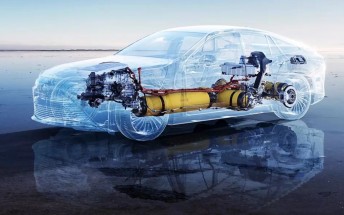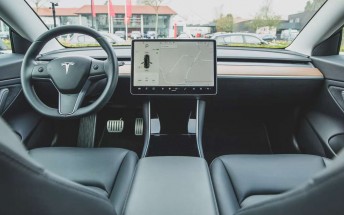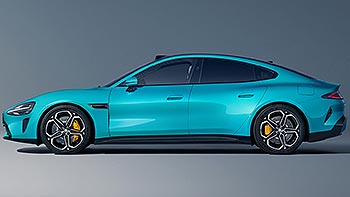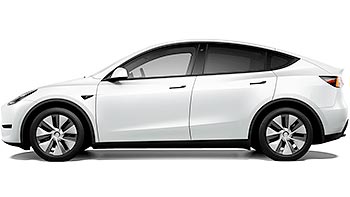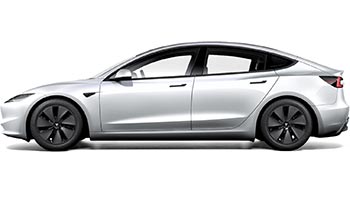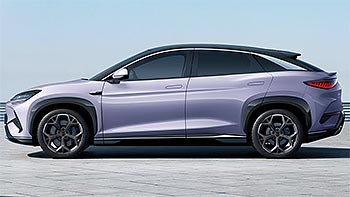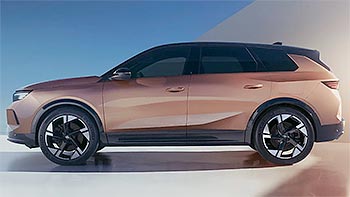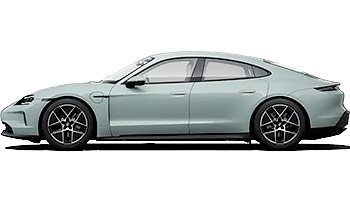Tesla, Audi, and Nissan shine in winter range test

As winter blankets the landscape in a cold embrace, electric vehicle owners are bracing themselves for the inevitable reduction in their driving range. It's a well-known fact that cold weather can put a damper on an EV's range, but what may surprise you is that not all electric cars are created equal when it comes to managing winter range loss. Recent data from battery health and data startup Recurrent gathered from 10,000 EVs and 18 different models, sheds light on how various electric vehicles cope with the challenges of winter.
Before delving into the specifics, it's important to understand why EVs lose range in cold temperatures. Cold weather can hinder the chemical and physical reactions within a battery, making it less efficient at releasing energy. Additionally, cabin heating in EVs draws energy from the high-voltage battery, further reducing the driving range. However, modern EVs often come equipped with heat pumps that increase efficiency and minimizing range loss.
According to Recurrent's analysis, during the 2022-2023 winter season, the average observed range for electric vehicles in winter conditions was 70.3% of their range under optimal conditions. This figure takes into account real-world variables such as climate, terrain, and driving patterns. It's worth noting that these figures are distinct from the Environmental Protection Agency (EPA) range estimates, which can sometimes be overly optimistic.

Among the electric vehicles studied, the 2021-2022 Audi e-tron (Audi Q8 e-tron from MY2023 onward) stood out with the lowest range drop in cold weather. Its winter range was only 16% lower than its normal range. This impressive performance can be attributed to the e-tron's early adoption of a heat pump, capable of recapturing up to 3 kilowatts of electricity by converting wasted heat from the motor.

The 2019 Nissan Leaf also exhibited a relatively modest range degradation in cold conditions. At 32°F, it lost only 23% of its range. It's worth noting that older Leaf models were more susceptible to temperature variations due to their imperfect thermal management systems, such as radiators, compared to newer models that offer battery warmers. Interestingly, some Alaskan drivers have reported high satisfaction with their Leafs, according to Recurrent's findings.
Tesla vehicles also did well. The Model 3, Model Y, and Model X each experienced an average range loss of 24% in cold weather. Tesla introduced its patented heat pump in 2021, which incorporates several innovations like a "super manifold" and an "octo valve" to enhance efficiency. Features like battery preconditioning also contribute to reducing range loss during winter.

What makes Tesla's data particularly trustworthy is the substantial sample size. Recurrent analyzed data from a whopping 4,375 Model Ys, 4,576 Model 3s, and 249 Model Xs. Recurrent's comprehensive winter range data also covers other popular EVs like the Chevrolet Bolt, Ford F-150 Lightning, and Volkswagen ID.4.
Related
Reader comments
Nothing yet. Be the first to comment.








